Blog
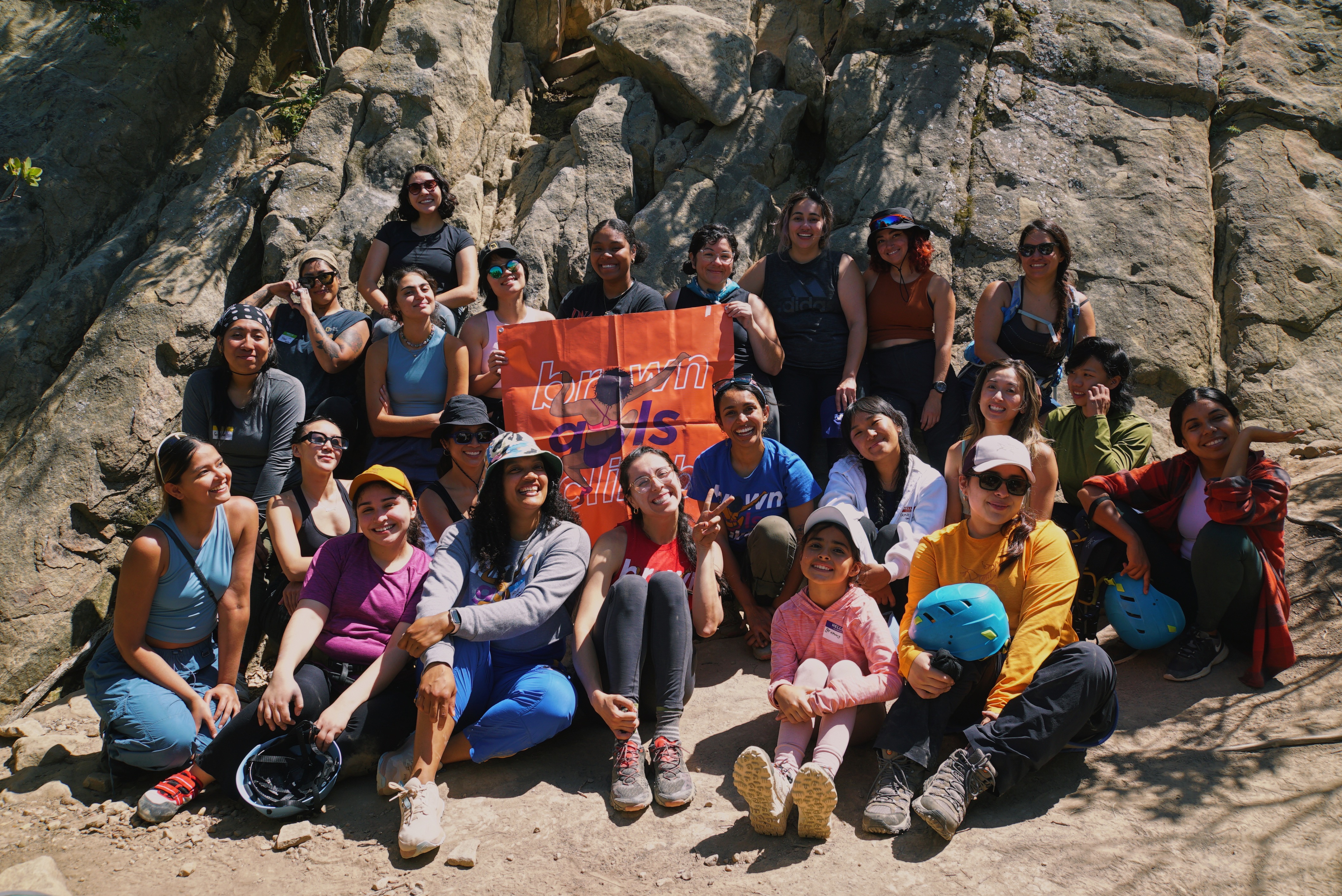
Three Years of the Get Into Nature Initiative Yields Positive Results
The National Recreation Foundation has collaborated with Tom’s of Maine since 2020 to increase access to nature for youth across the United States. The Get Into Nature initiative has allowed NRF to reach small,
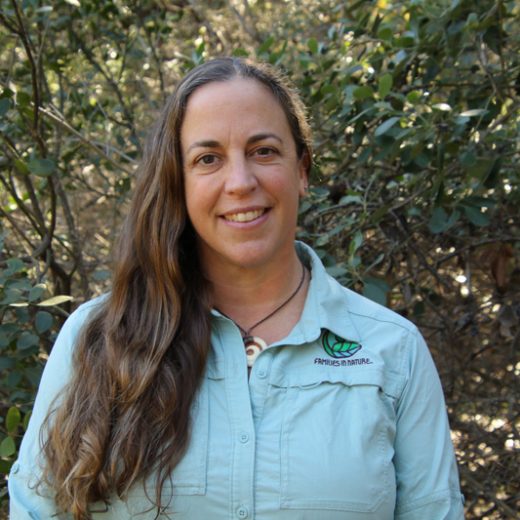
Heather Kuhlken Awarded NRF’s 2025 Crawford Prize
For the past 10 years, I have been planning how we [Families in Nature] can meaningfully scale our work, how we can replicate it, and how there can be thousands of me instead of just me. The Crawford Prize will allow us
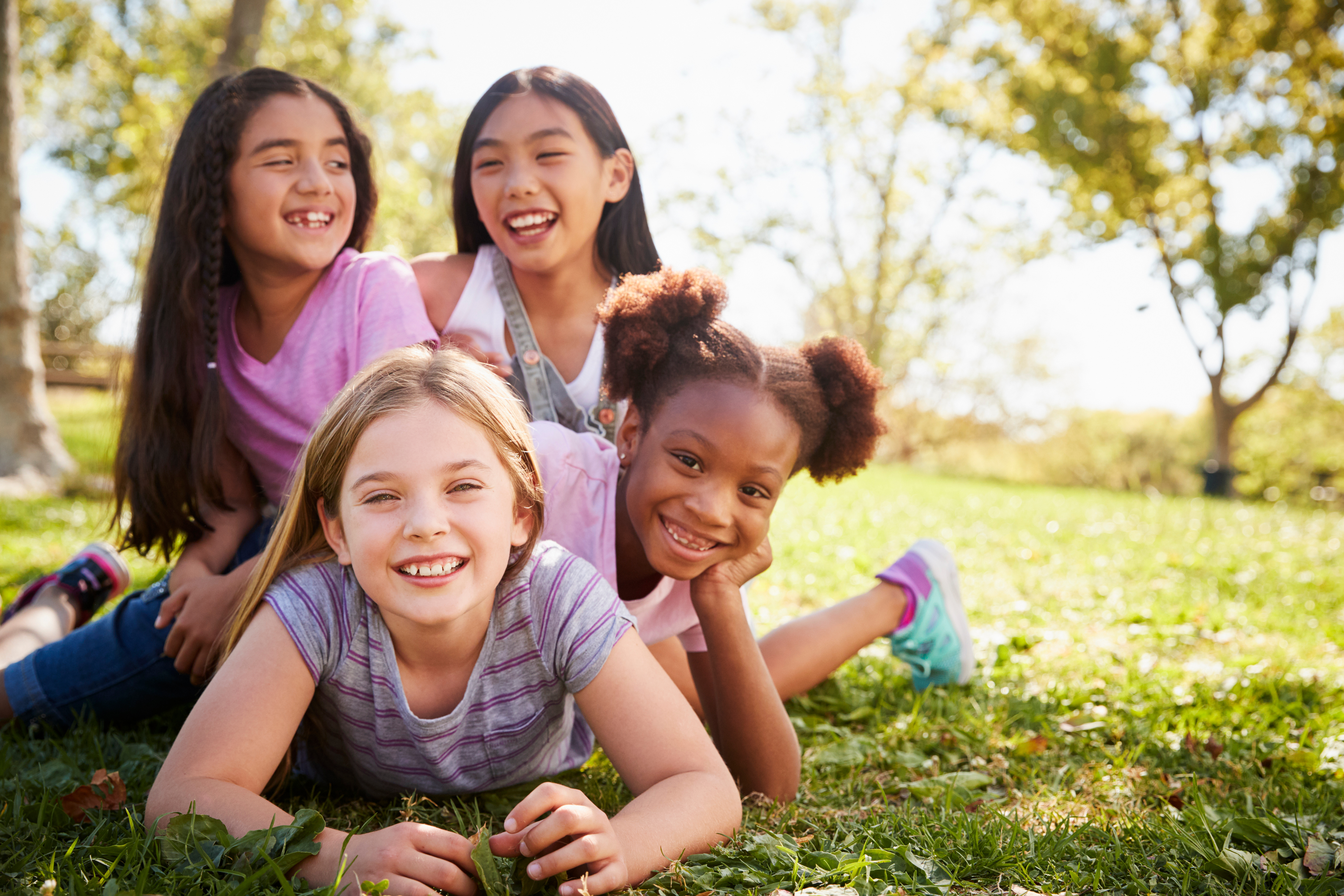
Middle Childhood Needs Increased Focus
Many youth development interventions focus on two critical periods of childhood: the early years and the adolescent years. While there is a lot of data to suggest that these are the two greatest periods of change for
.jpeg)
Youth Sports Can Provide Healing & Connection
Playing youth sports is an important part of the development of many young people. Sports help kids learn to move their bodies safely, encourage them to spend time outside, foster teamwork, and provide a structure for
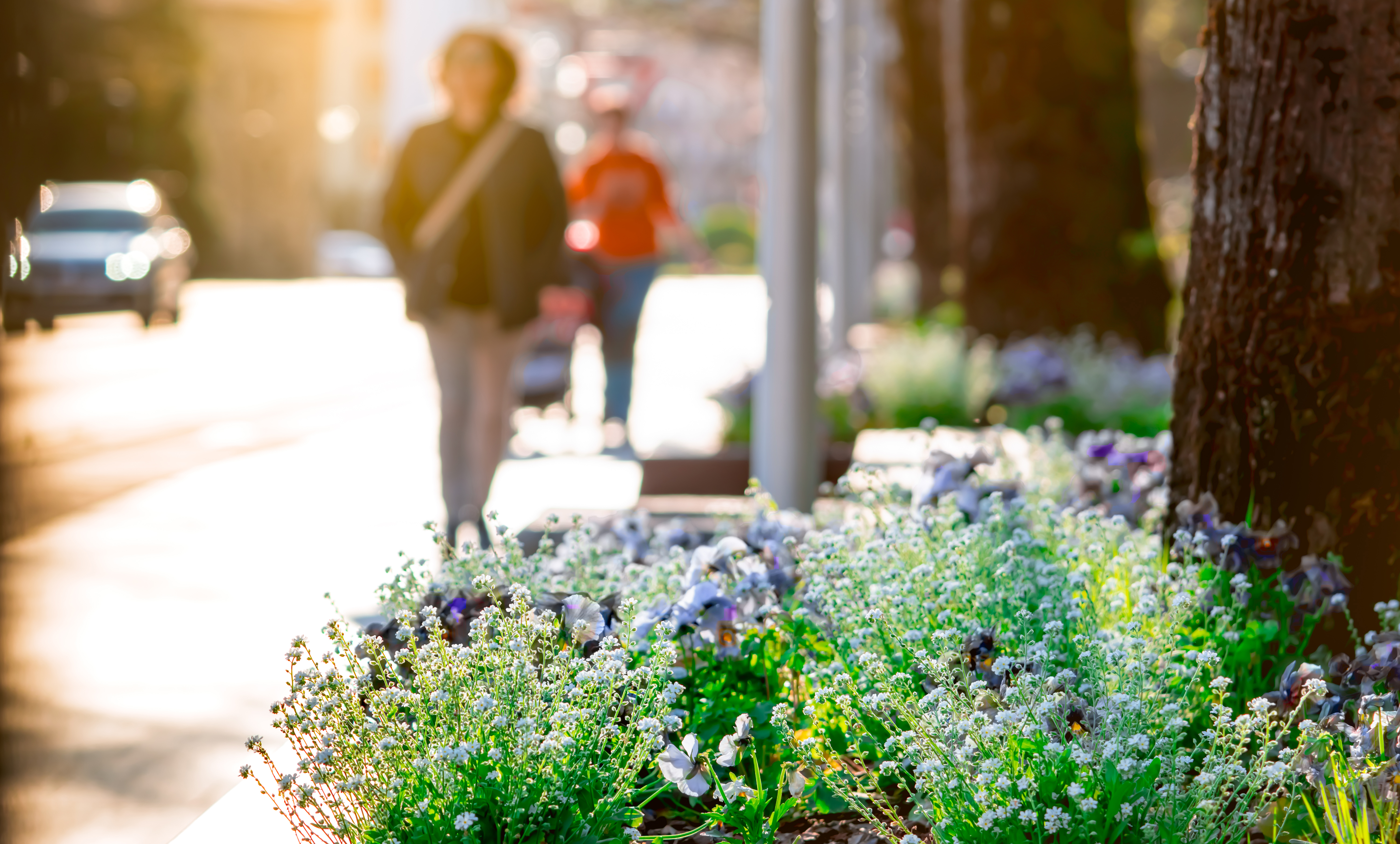
Investing in Nearby Nature
When we think of nature, it can be easy to envision it as a faraway pristine landscape where human impacts are invisible and only a privileged few get to explore. In the United States, we’re lucky to have something
 00124 (1).jpg)
Fresh Tracks Helps Amplify Indigenous Youth Voices
We know that youth voice is a valuable ingredient in community-based decision making. This is especially true when it comes to addressing issues that affect young people. To solve problems that involve youth, we need to
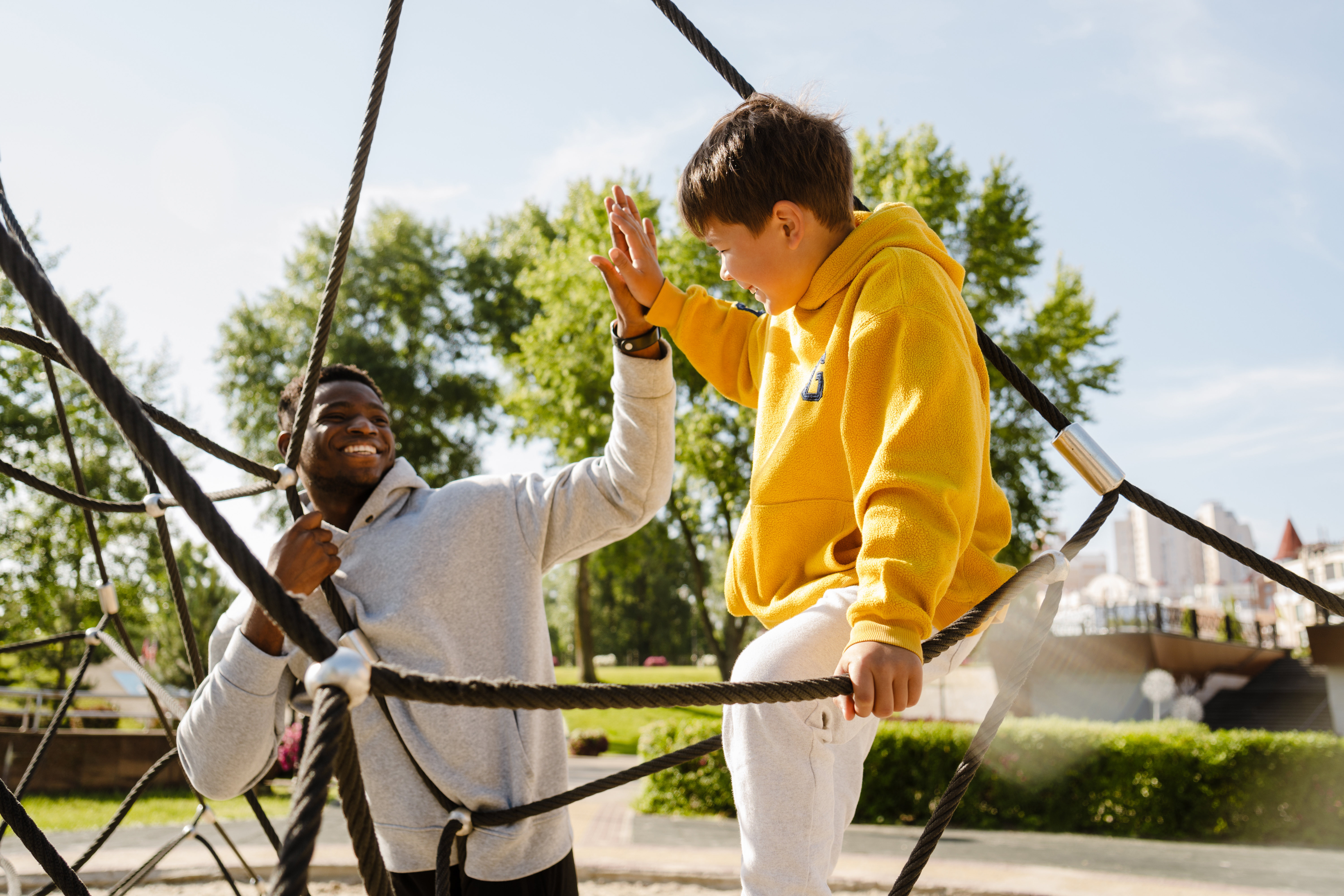
Positive Relationships & Workplaces Help Foster Youth Voice
Many studies that examine potential solutions to complex problems highlight youth voice as a key component of success. Research shows us that including young people in decision-making processes about everything from
